The push for changing our Constitution to recognise explicitly the special status in Australia of Aborigines and Torres Strait Islanders is well and truly on, but misguided. Tony Abbott is sincerely passionate about combating Aboriginal disadvantage, as his volunteer work in remote communities shows. He wants a new preamble adopted by referendum by May 2017, the fiftieth anniversary of the historic 1967 vote. Whilst Noel Pearson proposes both a Declaration of Recognition outside the Constituion (which we support) as well as an Indigenous advisory body in the Constitution (which we don’t), others like Mr Abbott’s chief Indigenous adviser Warren Mundine fear this proposal could stymie Recognition – as he writes in this issue. Good ol’ Bill Shorten simply plays contrarian and says symbolic recognition doesn’t go far enough anyway.
When the Recognise campaign launched in early 2013, Abbott and Julia Gillard made dignified and genuinely heartfelt parliamentary speeches. Both placed a constitutional amendment in a line of social evolution running through the ‘67 removal of provisions empowering the Commonwealth to make laws in relation to Aborigines, and Kevin Rudd’s 2008 national apology to the so-called ‘stolen generation’. This month, John Howard said he too supports recognition ‘because it asserts an indisputable fact’.
Outspoken Recognisers happily appropriate Abraham Lincoln’s ‘better angels of our nature’: a favourite Abbott quotation. While appealing to our sense of moral duty, they lay on collective inherited guilt for the many wrongs done to Aborigines from Captain Cook’s landing at Botany Bay onwards. The sins of the fathers are visited on current and future Australians who had no part in past wrongs: not just by bleeding hearts, but conservatives, too.
But constitutionally enshrining Aborigines’ status over all others sends a powerful message that one group of Australians is more special than the rest. That their ancestors were here first is undeniable, but singling them out in our foundation document puts them on a pedestal of which no other Australian is considered worthy. Is that right, or fair, in a country that prides itself on its egalitarianism?
Like Rudd’s apology, symbolic constitutional recognition might help the tone of the national conversation, but won’t undo the past. We can only build the future as we wish to build it, so let’s just get on with what Howard called ‘practical reconciliation’: sensible policy and programmes supporting Aboriginal communities and people to better help themselves. Feel-good words might warm urban white elite hearts: a sort of constitutional smoking ceremony and about as authentic. But they won’t make a jot of difference to the quality of Aborigines’ lives in the cities or the bush. Such words would be like the black character, Token, in the television series South Park: visible but having no real purpose. What’s more, our melting pot of a country draws on the skills, talents, cultures and social and economic contributions of people from all over the world, not just Aborigines or those from Britain and Ireland. Shouldn’t this collective contribution be acknowledged, not just one group of Australians?
Surely the only form of Aboriginal recognition that matters is in our hearts and minds, and that’s where great progress has been made since ‘67. Singling out Aboriginal and Islanders in our constitution might honour them, but implicitly relegates everyone else to the second division and risks creating ammunition for the few racist extremists. Instead, everyone should be equal in the eyes of each other regardless of race, and certainly must be equal before a colour-blind law. As for Aboriginal advancement, will constitutional symbolism help advance their social and economic conditions any more than they are being advanced now? Sadly, no. If recognition passes, indigenous life expectancy and unemployment rates will still be shameful, and remote Aboriginal communities will still struggle with Third World living conditions. Chronic problems with grog, nutrition and family violence will still confront too many Aborigines and Islanders. That’s where the Coalition and Labor must focus their energies, not on symbolic gestures changing little. Above all, there will still be the Aboriginal industry of parasitic bureaucrats and consultants, activists and lobbyists, who thrive on perpetuating Aboriginal victimhood on one hand, and talking up Middle Australia’s guilt on the other. Constitutional recognition will simply embolden such rent-seekers to reach even deeper into taxpayers’ pockets. What’s proposed instead paradoxically would address discrimination by enshrining positive discrimination. A strong but wrong message would be sent to all Australians that, while we are all equal, our Constitution would say some are more equal than others. Defending recognition recently, Alan Tudge MP wrote of: ‘includ(ing) the Aboriginal face in our national family portrait’. But as Pearson, Mundine, and even Adam Goodes attest, that face is already there, front and centre. No smoking ceremony is needed.
Got something to add? Join the discussion and comment below.
Get 10 issues for just $10
Subscribe to The Spectator Australia today for the next 10 magazine issues, plus full online access, for just $10.
You might disagree with half of it, but you’ll enjoy reading all of it. Try your first month for free, then just $2 a week for the remainder of your first year.


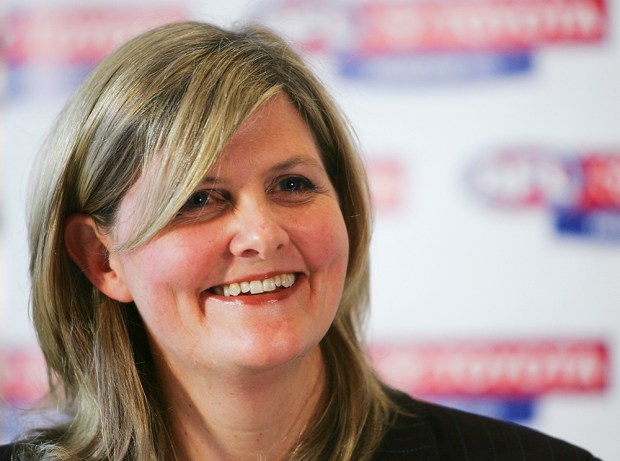
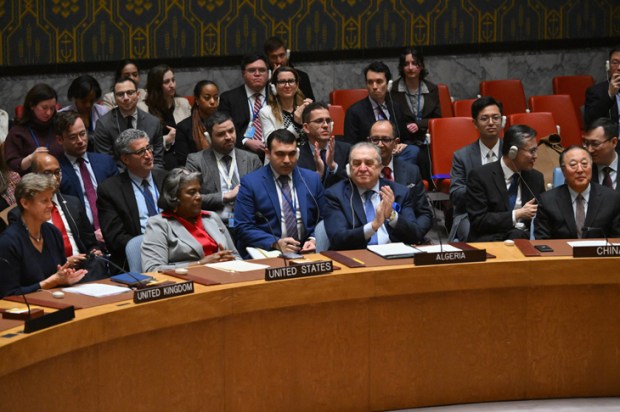
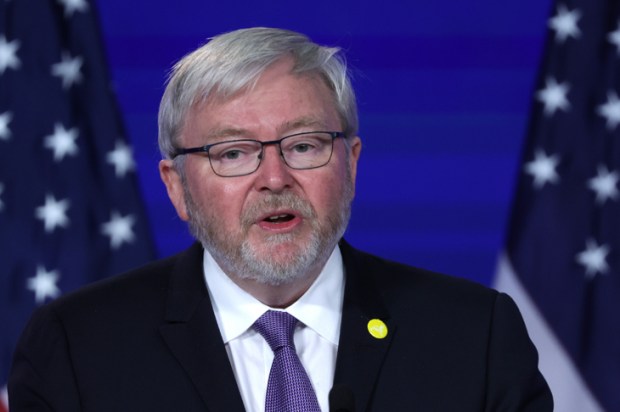
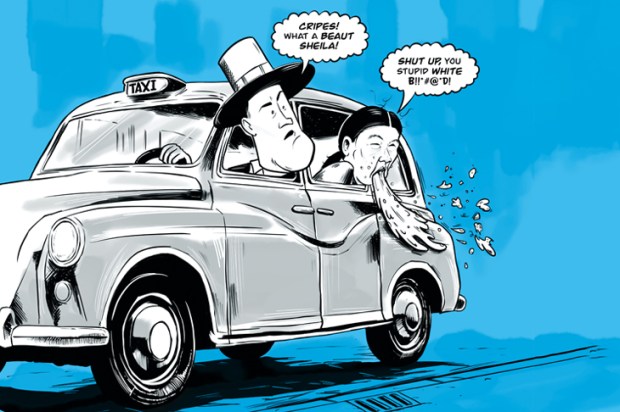
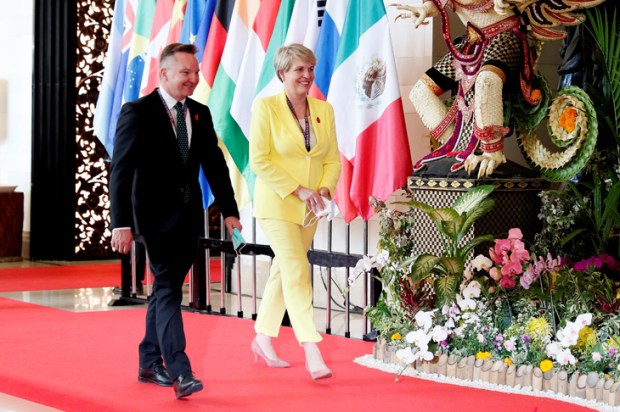
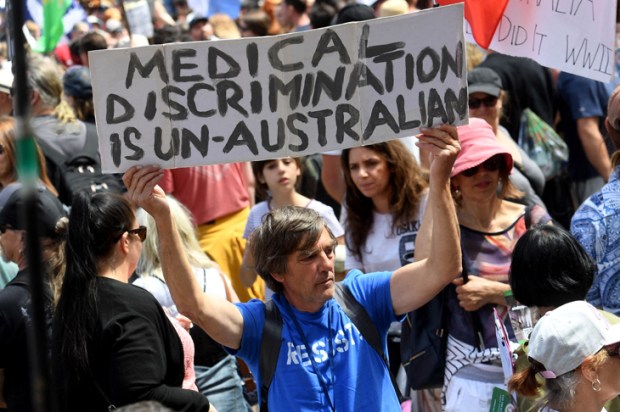






Comments
Don't miss out
Join the conversation with other Spectator Australia readers. Subscribe to leave a comment.
SUBSCRIBEAlready a subscriber? Log in